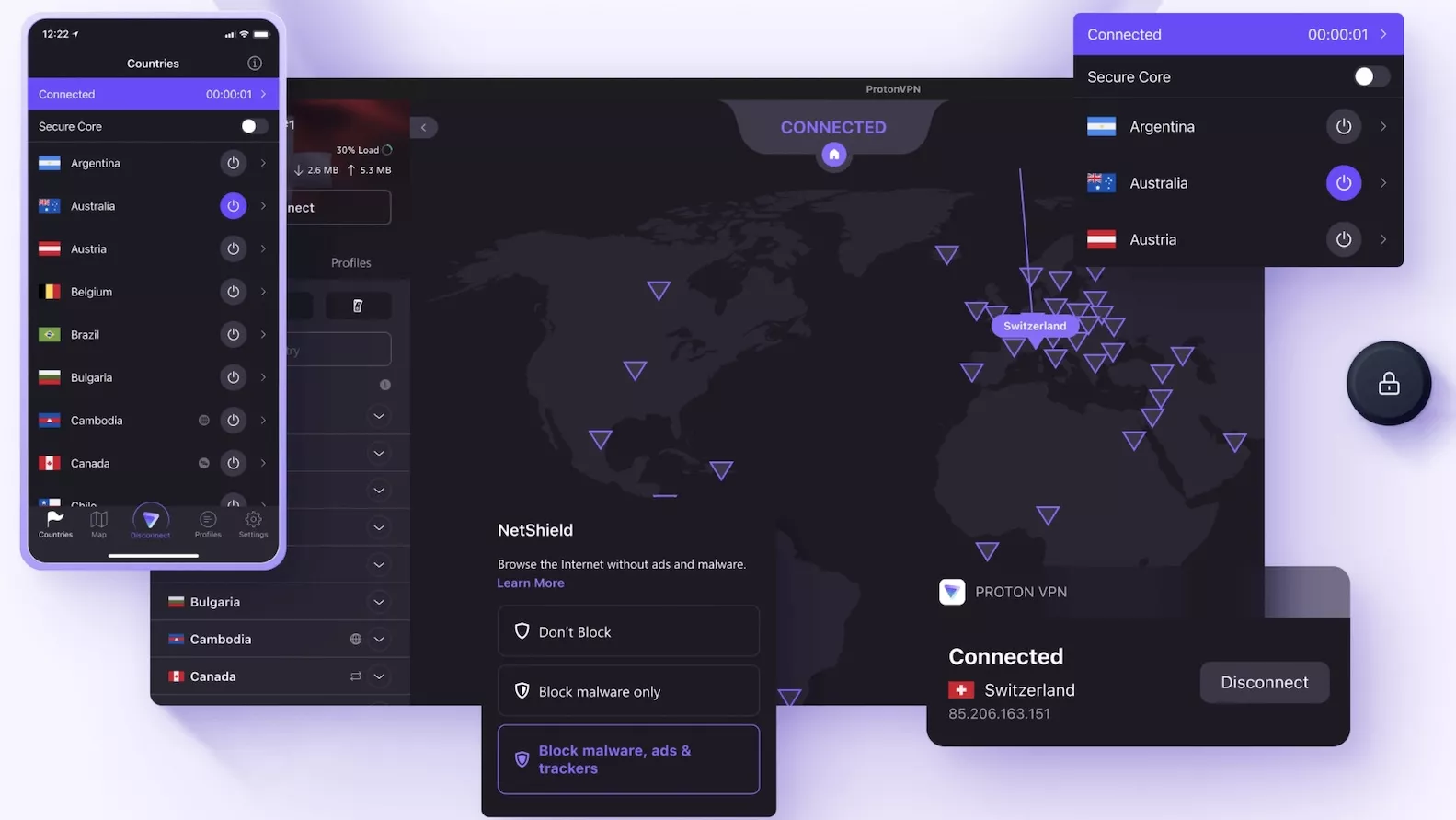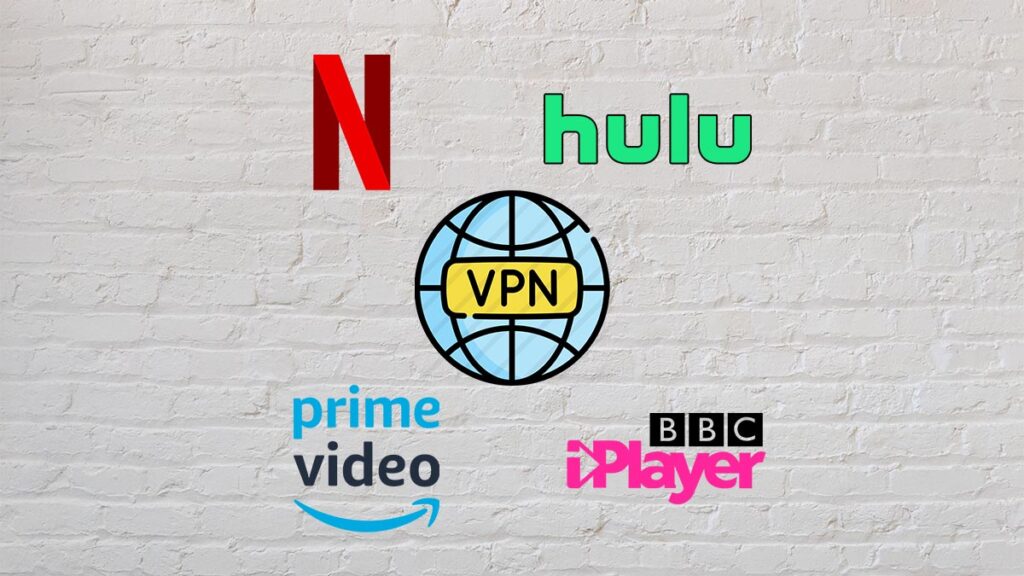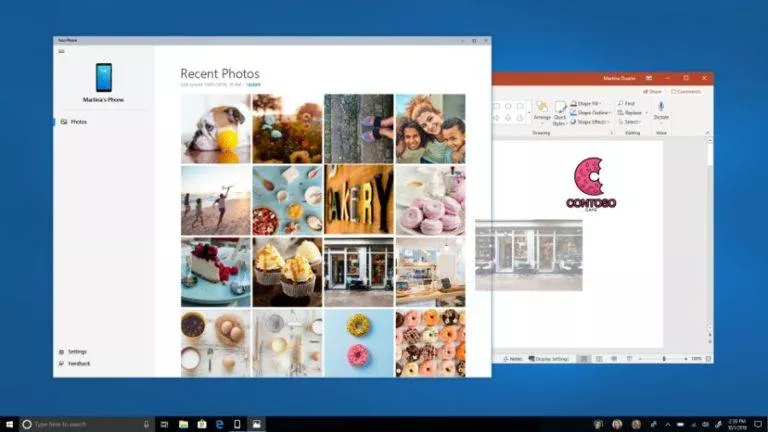Proton VPN Removes Servers From India And Announces Smart Routing For Indian Users

Proton VPN has joined the list of VPN companies leaving India. The Indian government passed laws that would force VPN companies to log user data and share them when necessary. VPN companies would have to store sensitive user data — including IP addresses, names, contact information, time stamps, and usage patterns — for at least five years.
The Indian Government tried to mask this ‘intrusive’ request by presenting it as a solution for national security and user privacy. But Proton VPN didn’t budge and is now removing its physical server from India. However, the company has announced a ‘Smart Routing’ protocol to keep serving the Indian audience as well.
Proton VPN: The reason behind the exit
Proton VPN exited India because the new laws coerce it to budge from its core principle of offering a VPN service in the first place. You cannot deny the use cases of VPN in bypassing geolocation restrictions, by which we mostly think of accessing streaming content in other countries.
But VPN is also used by individuals who work remotely for a company based outside India (mostly freelancers). Users prefer VPN for the anonymity and security it offers.

The Indian government isn’t entirely wrong about the issue of vandals using VPNs to commit cybercrimes and mask the tracks. But keeping logs is damaging to the very idea of a VPN. It will tarnish their long-time branding and the efforts to entice users with the zero-logs policy.
Previously, the Delhi High Court asked Telegram for user data in relevance to a copyright infringement case. Telegram tried to hide behind Singapore laws because it is based in that country. But the court told Telegram that Singapore’s government laws abhor piracy and can help the court in that matter.
We asked Proton about how it plans to deal with it if a similar court situation arrives for Proton VPN users. Since it is based in Switzerland, Proton is only obliged to comply with laws that are in line with the Swizz laws.
So while the Indian government can ask for logs, Proton won’t need to maintain those since the Swizz law doesn’t require it to. It is a clever workaround but also somewhat testing foreign relations. However, it seems fair, since the Indian laws are more or less defeating the purpose of a VPN.
For now, Proton VPN users who want to securely consume Indian content can use the ‘Smart Routing’ protocol to do so. India is tightening its grip on many tech companies to safeguard user data, but the new laws for VPN companies are a little overbearing.






